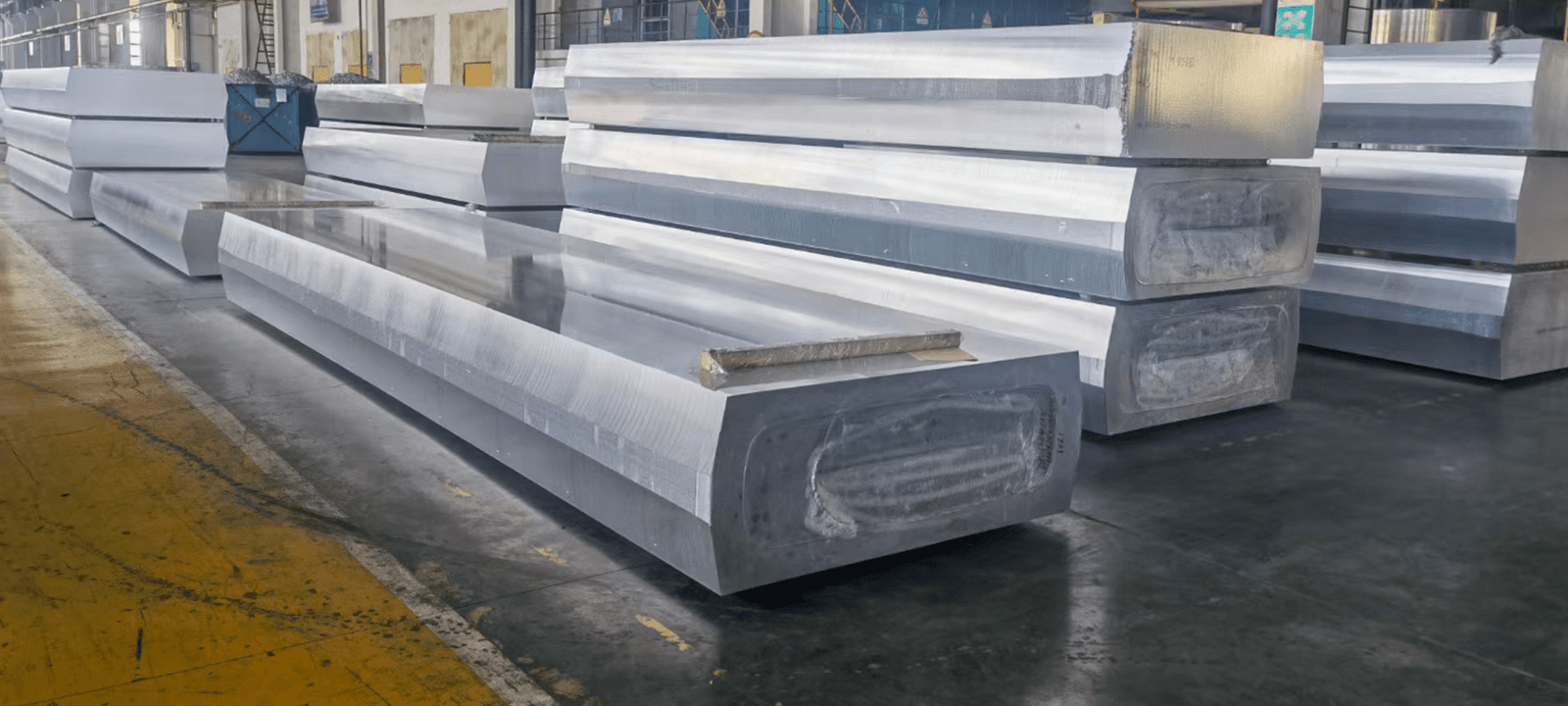Titanium Grade 2 (UNS R50400)
- Harder compared to titanium grade 1
- Ductile by nature
- Impact strength is high
- Resistance Against corrosion
- Weldability and formability are great
Description
Grade 2 titanium is similar to grade 1 titanium with minor changes in its chemical composition.
But as a result of those small changes, it has the best strength to weight ratio among other pure metals. Due to its high strength and resistance to extremely high or remarkably low temperatures, it is widely used as an industrial metal.
This metal is the workhorse of the pure titanium group. When it comes to handling tough conditions and high corrosion, this alloy becomes the obvious pick. That is why you can find it in architecture, aerospace, automobile, marine, offshore drilling, sporting equipment, and much more.
Common names:
- TiGr2
- Ti40A
- UNS R50400
- Unalloyed CP Titanium
- TA2 (GR.2)
Chemical properties:
- Titanium: 99.3 (Maximum %)
- Iron: 0.30 (Maximum %)
- Carbon: 0.10 (Maximum %)
- Oxygen: 0.25 (Maximum %)
- Nitrogen: 0.015 (Maximum %)
- Hydrogen: 0.03 (Maximum %)
Physical properties:
- Density: 0.164(lb/In3) / 4.51(G/CM3)
- Specific Heat: 112(MPa) / 16300(J/Ksi)
- Modulus of Rigidity: 41(GPa) / 5900(Ksi)
- Electrical Resistivity: 21(μΩ.in) /53.3 (μΩ cm)
- Thermal Conductivity: 21.79(W/m K ) / 12.6( Btu-in/Fh2hr-F)
Key features:
- Industrial Application: CP2 Titanium is one of the most durable metals in its purest form, which is why it is preferred by various industries than its companions.
- Heat Resistance: Titanium Gr2 normally has a higher heat resistance than other metals. So, the alloy can withstand a temperature but only up to 800°F without any problem.
- Corrosion Resistance: Because of its chemical composition, it is highly resistant to corrosion. It can even be corrosion-free if used in seawater.
- No Oxidization: As there is minimal corrosion taking place, it is free from oxidization under normal conditions.
Product form available:
- Pipe and tube: ASTM B256, ASME B861, ASTM B862, ASME SB862, ASTM B338, ASME SB3338
- Rod and Bar: ASTM B348, ASTM SB348, MIL-T-9047
- Plate, Sheet, and Strip: ASTM B265, ASTM SB265, MIL-T-9046
Aerospace Standards:
- 4902G, T-9046 CP-3
Applications:
- Gaskets
- Aircraft structural honeycomb
- Heat exchanger parts
- Etched fabric
- Neurostimulation devices
Possible Alternative Grades:
- Titanium alloy Grade 1: This is the softest of the bunch, but it has high ductility, formability, and weldability.
- Titanium alloy Grade 3: You cannot find this in your conventional items list, as this alloy isn’t formable. Still, it holds great strength, making it is best suited for marine-based equipment.
- Titanium alloy Grade 4: This grade of titanium lends its use for manufacturing the most of medical equipment. But it is not hard to find it in some other industry. It is the purest of the bunch and can withhold a lot of stress.
FAQ
- How does Grade 2 Titanium get its formability feature?
Titanium Grade 2 comes with higher oxygen and iron levels as compared to other titanium grades. This combination brings in excellent formability & moderate strength along with superior resistance to corrosion.
- How is titanium grade 2 different from titanium grade 5?
While CP Grade 2 Titanium comes with features such as light-weight & corrosion resistance, it has way lower alpha-beta strength. On the other hand, Grade 5 is an idiom for alpha-beta alloys, making it an excellent candidate for seamless formability.
- Can Titanium Grade 2 be used for medical applications?
Yes, Grade 2 Titanium can be used in orthopedic applications like prostheses or implants.
Get A Free Quote Now!







